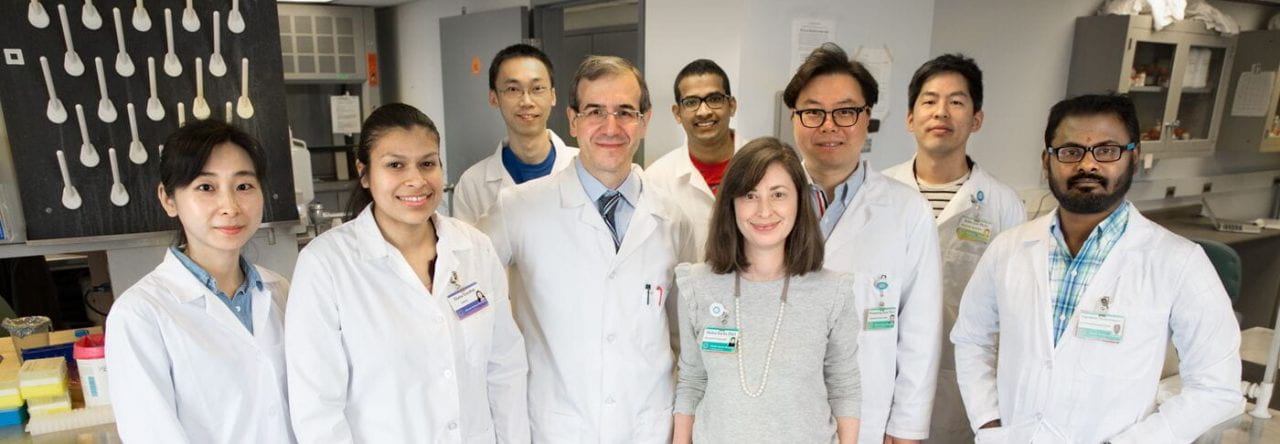 Invertebrate hosts fill an important niche in pathogenesis research and provide us with a unique opportunity to identify novel compounds and study basic, evolutionarily conserved aspects of virulence and host response The use of invertebrates in automated, high throughput in vivo assays can be viewed as an emerging technology related to the use of invertebrate hosts. We have leveraged C. elegans to develop a whole-animal C. elegans assay that allows screening for low molecular weight compounds. The C. elegans whole-animal bioassay for novel antimicrobial therapies may also improve the efficiency of a primary screen in identifying quality lead compounds. By incorporating a broader array of desired compound characteristic filters into the initial screening process, e.g. potency, solubility, permeability and toxicity), more refined hits may emerge. The whole-animal in vivo assay examines some of these compound characteristics in parallel and avoids inefficiencies associated with the sequential optimization of the individual properties. In addition, this screening model permits data-driven decisions regarding the quality of a hit and eliminates preconceived biases about certain chemical classes or motifs.
Invertebrate hosts fill an important niche in pathogenesis research and provide us with a unique opportunity to identify novel compounds and study basic, evolutionarily conserved aspects of virulence and host response The use of invertebrates in automated, high throughput in vivo assays can be viewed as an emerging technology related to the use of invertebrate hosts. We have leveraged C. elegans to develop a whole-animal C. elegans assay that allows screening for low molecular weight compounds. The C. elegans whole-animal bioassay for novel antimicrobial therapies may also improve the efficiency of a primary screen in identifying quality lead compounds. By incorporating a broader array of desired compound characteristic filters into the initial screening process, e.g. potency, solubility, permeability and toxicity), more refined hits may emerge. The whole-animal in vivo assay examines some of these compound characteristics in parallel and avoids inefficiencies associated with the sequential optimization of the individual properties. In addition, this screening model permits data-driven decisions regarding the quality of a hit and eliminates preconceived biases about certain chemical classes or motifs.
Select Publications
a) Rajamuthiah R, Fuchs BB, Jayamani E, Kim Y, Larkins-Ford J, Conery A, Ausubel FM, Mylonakis E. Whole animal automated platform for drug discovery against multi-drug resistant Staphylococcus aureus. PLoS One. 2014 Feb 19;9(2):e89189. PMID: 24586585 PMCID: PMC3929655
b) Jayamani E, Rajamuthiah R, Larkins-Ford J, Fuchs BB, Conery AL, Vilcinskas A, Ausubel FM, Mylonakis E. Insect-Derived cecropins display activity against Acinetobacter baumanni in a whole-animal high-throughput Caenorhabditis elegans model. Antimicrob Agents and Chemother. 2015;59(3):1728-37. PMID: 25583713 PMCID: PMC4325797
c) Kim W, Conery AL, Rajamuthiah R, Fuchs BB, Ausubel FM, Mylonakis E. Identification of an antimicrobial agent effective against methicillin-resistant Staphylococcus aureus persisters using a fluorescence-based screening strategy. PLoS One. 2015 Jun 3;10(6):e0127640. doi: 10.1371 PMID: 26039584 PMCID: PMC4454602
d) Tharmalingam N, Port J, Castillo D, Mylonakis E, Repurposing the anthelmintic drug niclosamide to combat Helicobacter pylori. Sci Rep 2018 Feb 27;8(1):3701. PMID: 29487357 PMCID: PMC5829259
